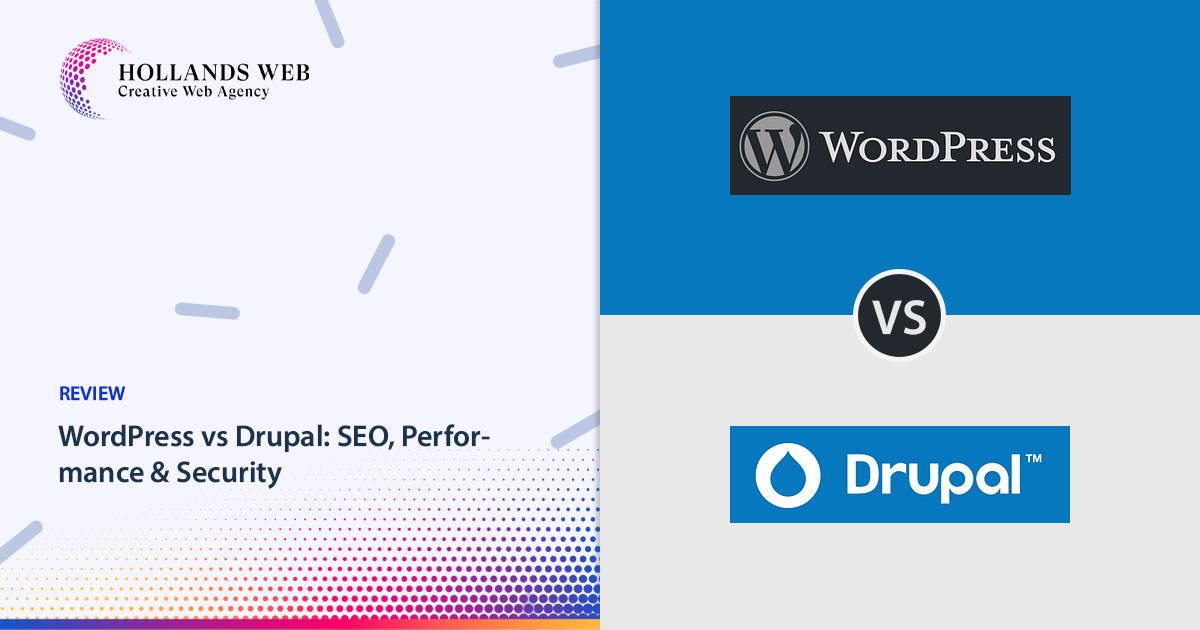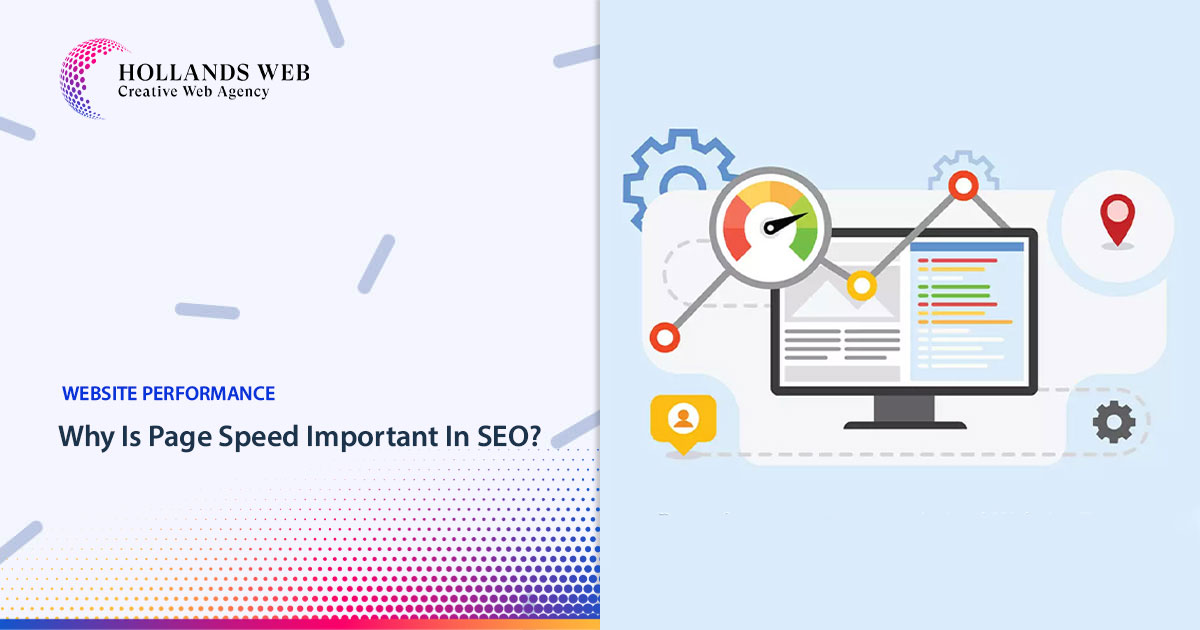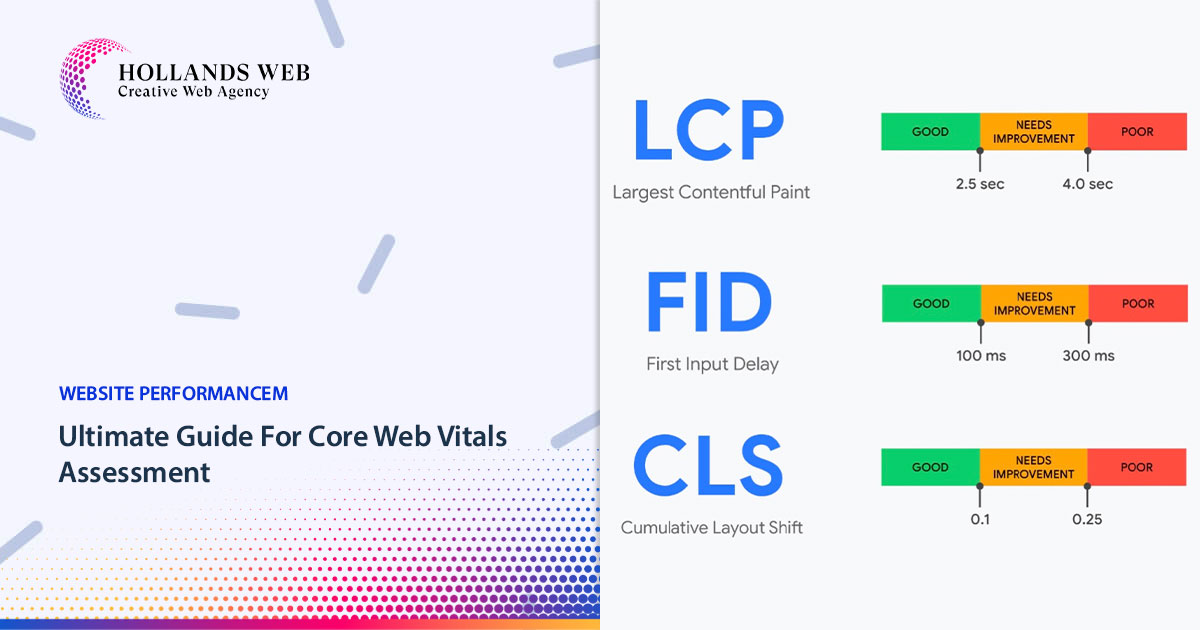No products in the cart.
The performance of a website refers to its speed, responsiveness, and overall user experience. It encompasses a variety of factors that influence the loading speed and usability of a website. User satisfaction, search engine rankings, and overall business success are contingent upon the performance of a website. Here are some crucial factors that contribute to the performance of a website:
Page Load Time:
This is the amount of time required for a web page to completely load in a user's browser. Users have shorter attention spans and are more likely to leave a website if it takes too long to load.Responsiveness:
A responsive website is designed to adapt and render correctly on a variety of devices and screen sizes. Responsiveness to mobile devices is crucial because a significant proportion of internet users access websites via mobile devices.Server Response Time:
This metric measures how long it takes a server to respond to a browser's request. A quick server response time is essential for rapid page loading.Caching:
Caching entails storing static files, including images, CSS, and JavaScript, on the user's browser or a content delivery network (CDN). Caching reduces the need for repeated server requests, thereby accelerating page load times for returning visitors.Minification:
HTML, CSS, and JavaScript files are minified by removing unnecessary characters such as whitespace, comments, and line breaks. Minimization reduces file sizes and speeds up page loads.CDN: Content Delivery Network
CDNs are networks of servers located in various geographical locations. They store cached versions of a website's content and deliver it from the server closest to the user's location, thereby reducing latency and enhancing page load times.Image Optimization:
Optimizing images by compressing them without sacrificing quality significantly decreases file sizes and accelerates load times. Performance can be improved with techniques such as resizing, using appropriate image formats, and employing lazy loading.Code Efficiency:
Code that is well-structured and optimised can enhance website performance. This can be accomplished through the use of techniques such as code minification, reduction of HTTP requests, and efficient algorithms.Website Hosting:
Choosing a reputable web host with fast servers and sufficient resources is essential for a site's performance. Due to resource sharing, shared hosting may be cost-effective, but can result in slower page load times.Continuous Monitoring and Optimization:
Monitoring website performance on a regular basis with Google PageSpeed Insights, GTmetrix, or Pingdom can help identify bottlenecks and improvement opportunities. Continual optimisation efforts can ensure that the website's performance remains optimal over time.Notably, website performance is a complex and multifaceted topic, and addressing these factors requires technical knowledge. The performance of a website can be vastly improved by consulting with web developers, performance experts, or by employing performance optimisation techniques.When it comes to content management systems, two names stand out: WordPress and Drupal. Each has its own loyal community...
A fast website can help you attract more visitors and encourage them to explore more of your offerings. (Check the speed...
Assessing and optimizing Core Web Vitals is crucial for improving the overall user experience and search engine rankings...
“You should use a persistent object cache” is the result of a new health check introduced in WordPress 6.1. This article...
Fix two critical metrics of your website – Performance & Security by implementing the right CDN solutionNobody likes...
How fast should my website load? If you find yourself asking this question as your website is loading, or if you notice...







 Web Hosting
Web Hosting Web Designs
Web Designs Graphic Design
Graphic Design SEO
SEO Digital Marketing
Digital Marketing